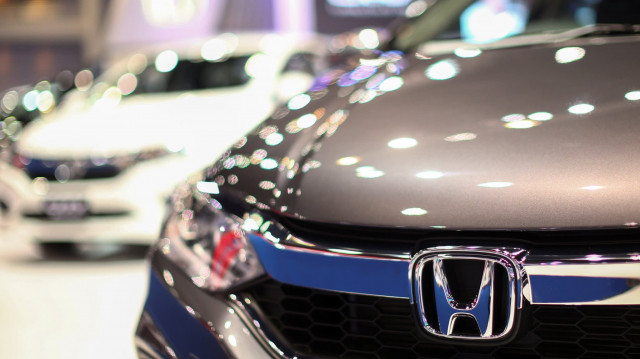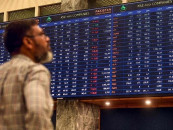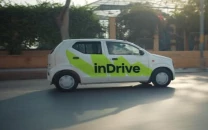In Pakistan, importers find way to dodge used car policy
Cars being imported on passports of Pakistanis residing in Dubai

PHOTO: REUTERS
It has been learnt that the importers are importing used cars on the passports of Pakistanis residing in Dubai and government authorities have failed to notice this exploitation of the policy.
Allegedly, these cars are being imported using Pakistani passports in Dubai under the gift scheme but the vehicles directly reach Pakistan. “The number of imported used cars has increased in the current financial year as so far 1,096 cars have been imported, of which more than 560 units came in September,” said an official privy to the development.
It is pertinent to mention that after the issuance of SRO 52, the misuse of used car import schemes had been successfully tackled. It not only stopped the exploitation of the schemes but also halted payments through the illegal Hawala and Hundi systems, which were utilised for sending money for illegal imports.
“It is alarming that the importers have once again found a way to continue with their plans, which are denting the domestic auto industry, as the number of imported vehicles has increased in recent months,” he added.
The official was of the view that this may also impact efforts made by Pakistan to come out of the Financial Action Task Force (FATF) grey list as used car imports were one of the biggest contributors to the undocumented and illegal transactions. He stressed that the government should immediately look into the issue and must stop the practice in order to nip it in the bud.
According to details, a total of 467 passenger cars have been imported so far during the current fiscal year, of which more than 250 units were imported in September.
Imports in the SUV segment have also increased as total imports during the current fiscal year stand at 276 units, of which 130 were imported in September. Toyota, Honda, Suzuki, Daihatsu, Nissan and others brands are part of the total imports.
Meanwhile, Pakistan’s auto sector is going through turbulent times with many analysts terming the current phase an all-time low for the industry. From only three domestic players initially, which dominated the market, a handful of new companies expressed interest in investing in the sector in the past couple of years. Some of these new entrants have already entered the country while others are expected to make inroads soon.
A number of developments in the past two years have adversely impacted the existing players, hence pulling the sector down. Several rounds of currency devaluation coupled with fresh levies have hit the carmakers hard.
The rupee has lost 49% of its value since December 2017, following which the auto companies have massively hiked car prices. A slowdown in the economy, rising inflation and declining purchasing power of consumers have dented profit margins of all the three players, which has been reflected in their latest financial results.
Recently, two of the three automakers had to halt production due to growing stockpile and meagre demand.
Published in The Express Tribune, November 10th, 2019.
Like Business on Facebook, follow @TribuneBiz on Twitter to stay informed and join in the conversation.



















COMMENTS
Comments are moderated and generally will be posted if they are on-topic and not abusive.
For more information, please see our Comments FAQ